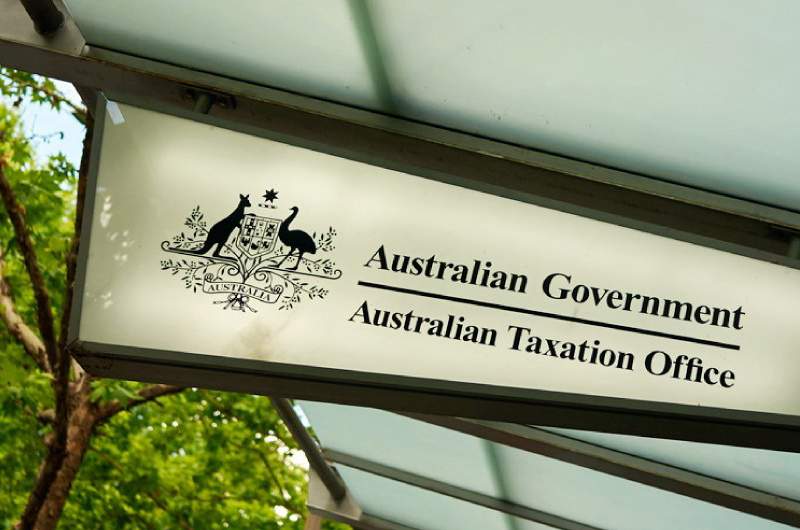Equipping professional accountants for sustainability
The International Federation of Accountants has developed a concise resource to guide accounting professionals and...
READ MORE
The Treasury Laws Amendment (Recovering Unpaid Superannuation) Bill 2019, which proposes the introduction of a one-off superannuation guarantee amnesty, was passed by the House of Representatives late last week, however the ATO is advising employers to come clean now.

Under the amnesty, employers will be able to self-correct super-guarantee (SG) underpayments, dating from 1 July 1992 to 24 May 2018, without incurring additional penalties that would normally apply. This includes the removal of the imposition of Part 7 penalties (of up to 200 per cent of the liability).
According to the bill, which is now headed for the Senate, the SG amnesty will run for six months after the day the bill receives royal assent.
The government and Tax Office have previously estimated that some 7,000 businesses will come forward once the amnesty is passed.
‘Don’t hold-off’
With numerous employers anticipating the law’s passage, the Australian Taxation Office has alerted the public that it will continue to apply the current law as it continues its review and audit program.
“Pending passage of the law, we’ll continue to process disclosures made by employers lodging SG charge statement (SGC) in accordance with current law as well as our ongoing SG audit work,” said James O’Halloran, deputy commissioner of superannuation and employer obligations at the ATO.
Mr O’Halloran said the Tax Office is aware that some employers may be ‘holding-off’ lodging an SGC statement in anticipation of the amnesty.
“We advise them not to do this as: the law requires them to lodge the SGC; if they hold off and they’re notified we’re examining their affairs they won’t be eligible for the amnesty; and, if they lodge now and the law is passed, in its current form it is retrospective,” Mr O’Halloran assured.
“If the amnesty becomes law, we’ll update with instructions for employers who are yet to disclose, explaining how they can apply.”